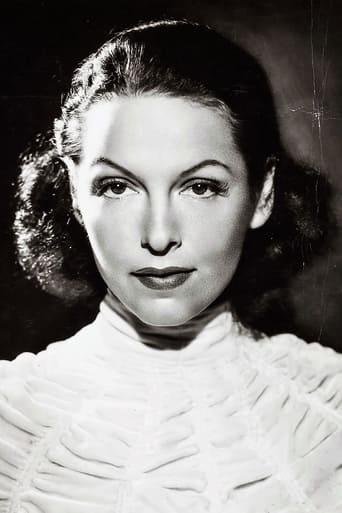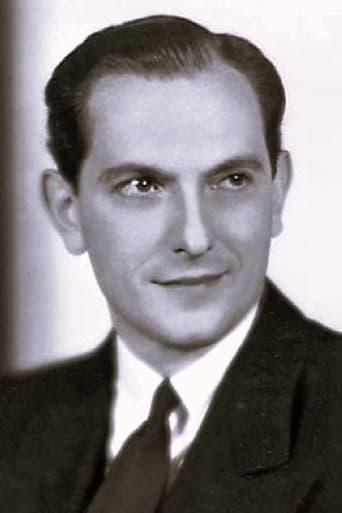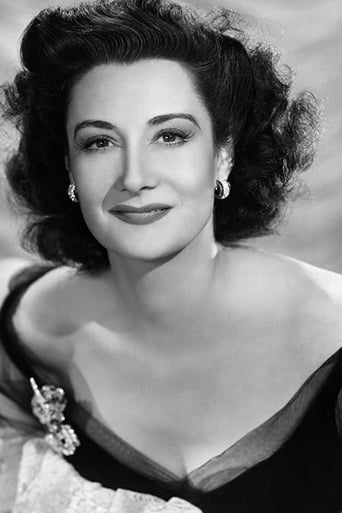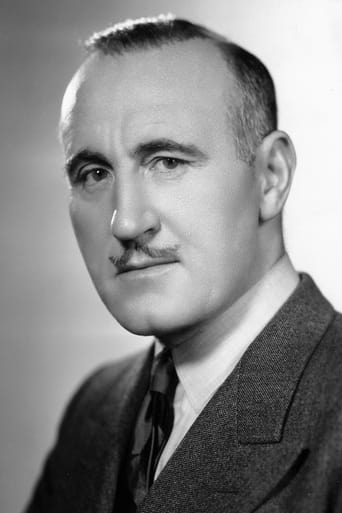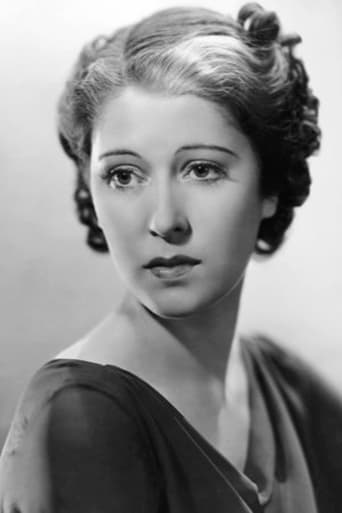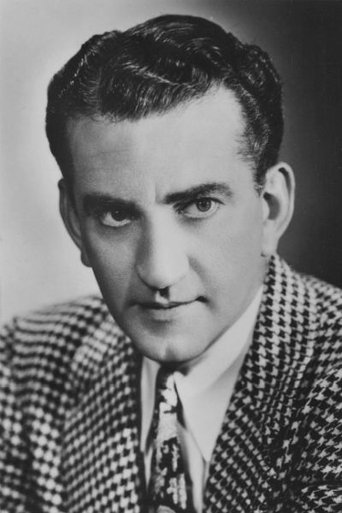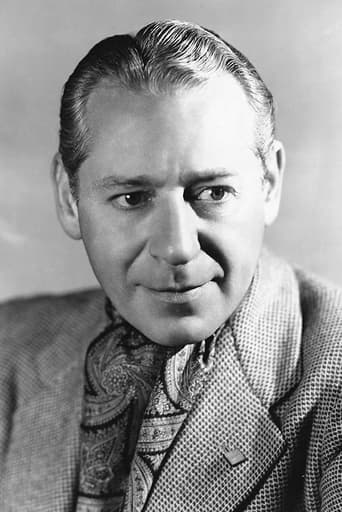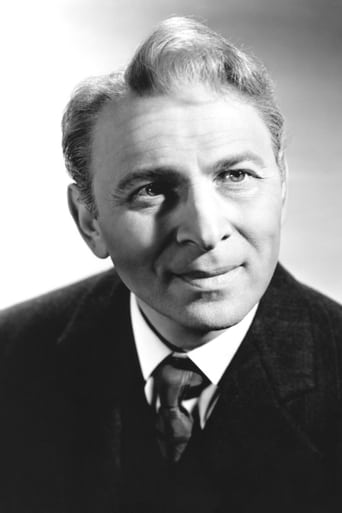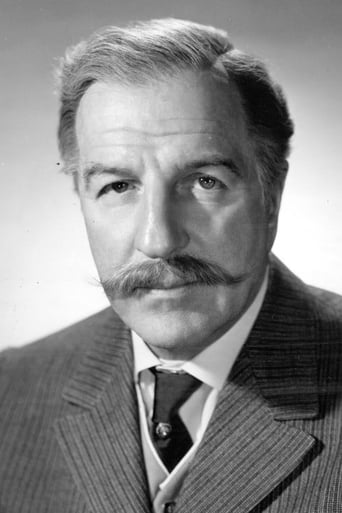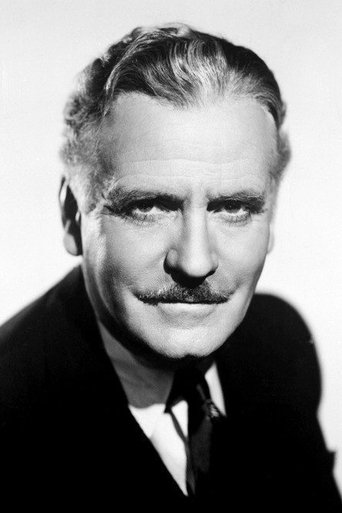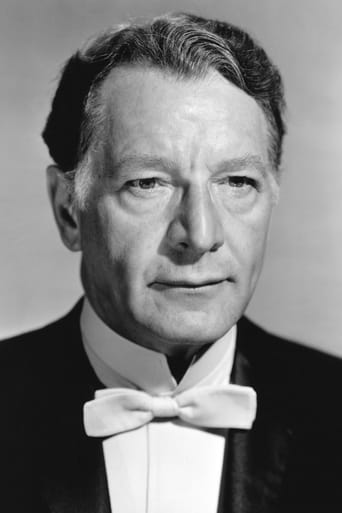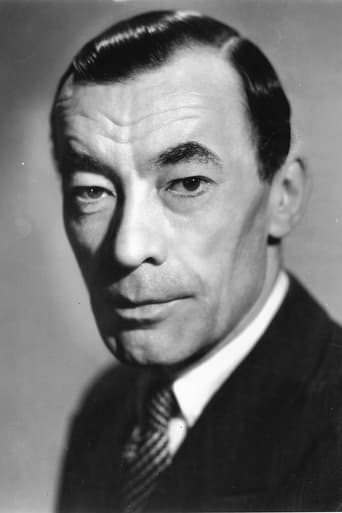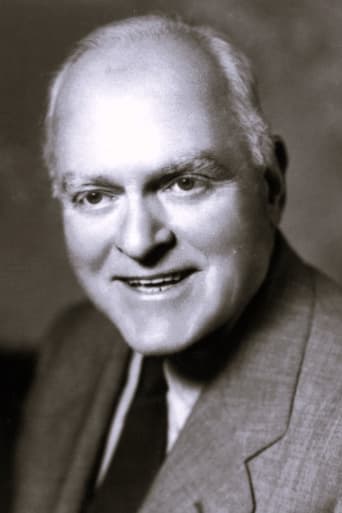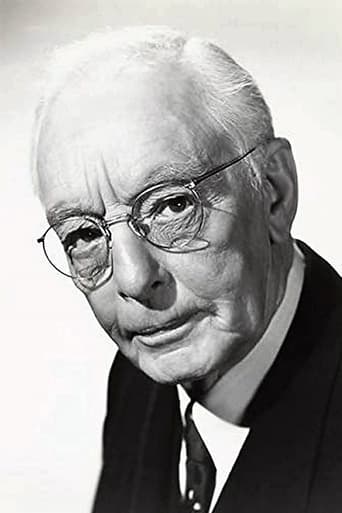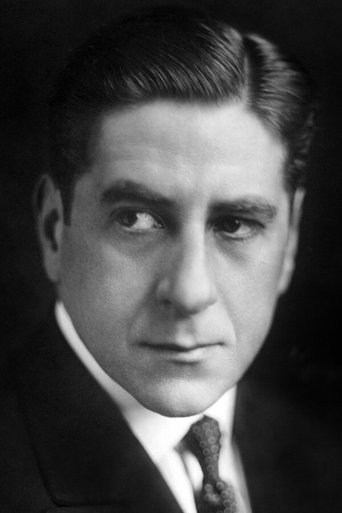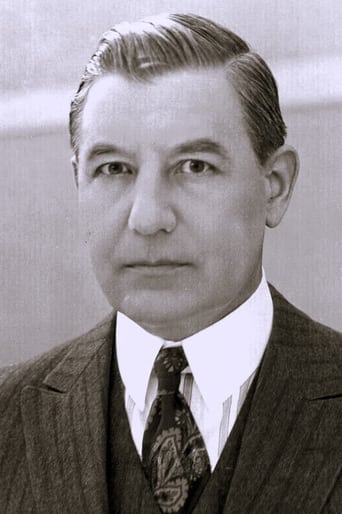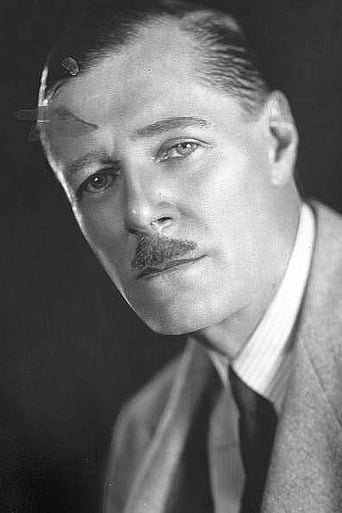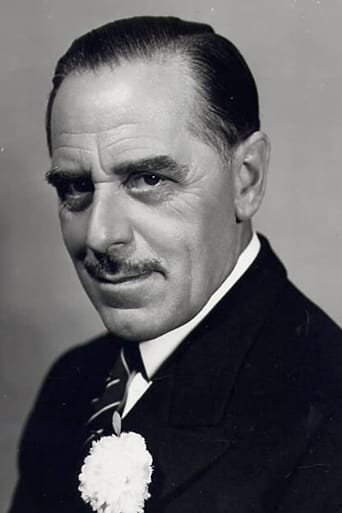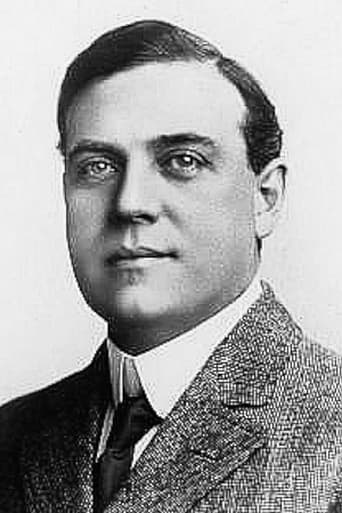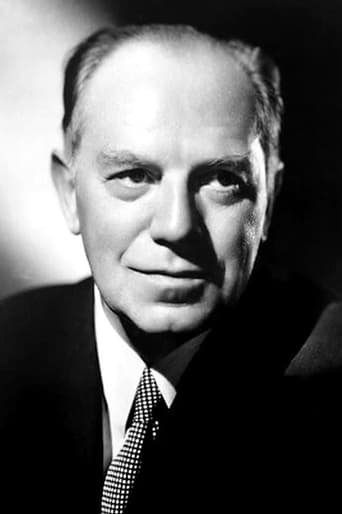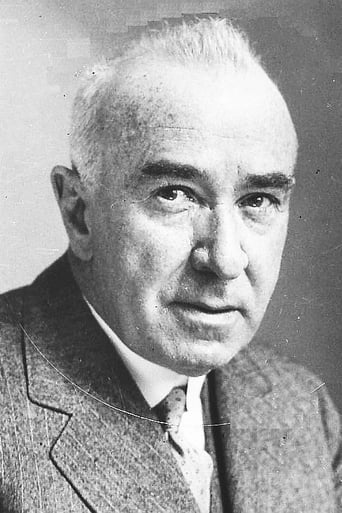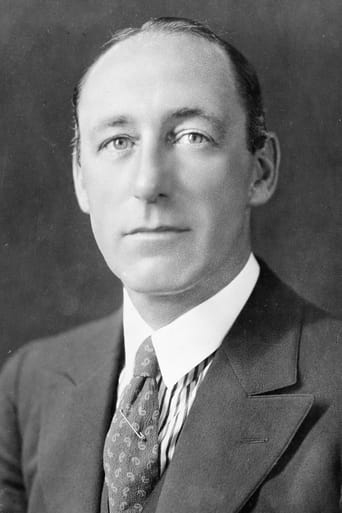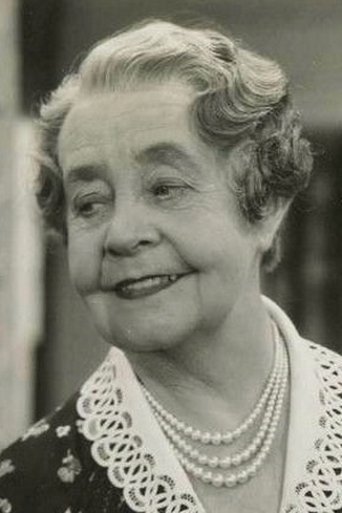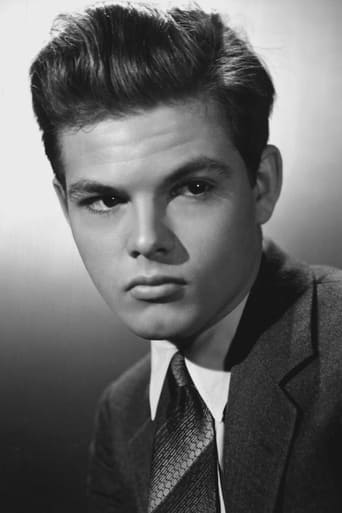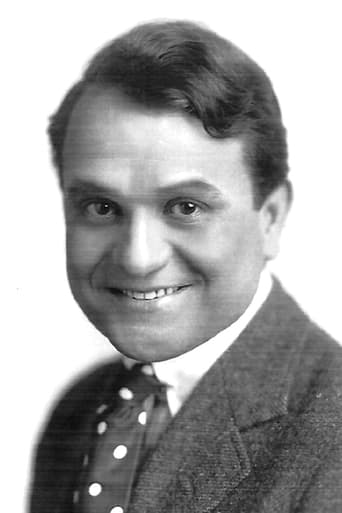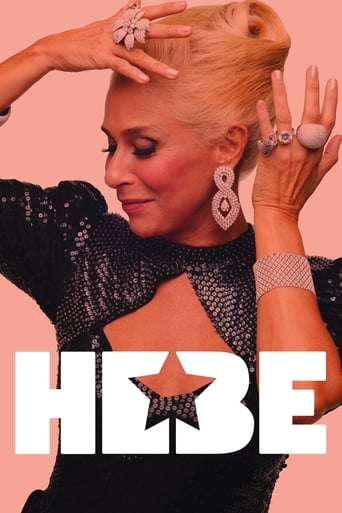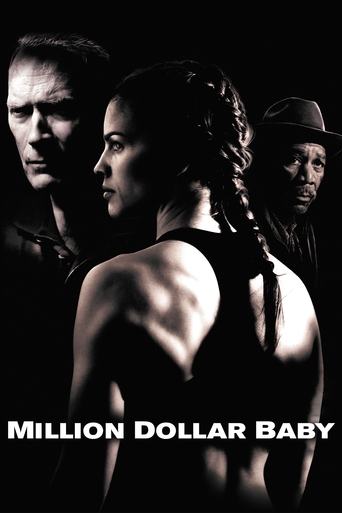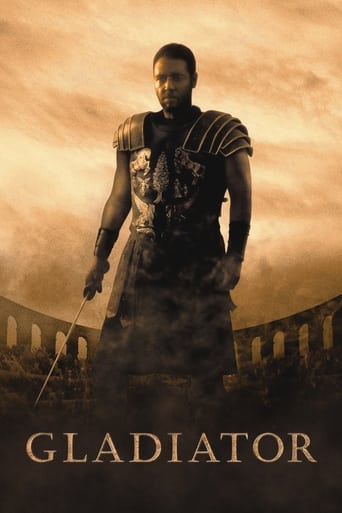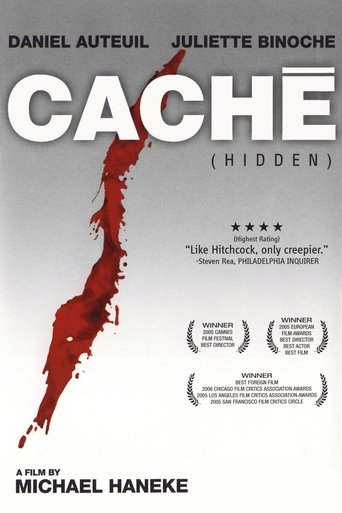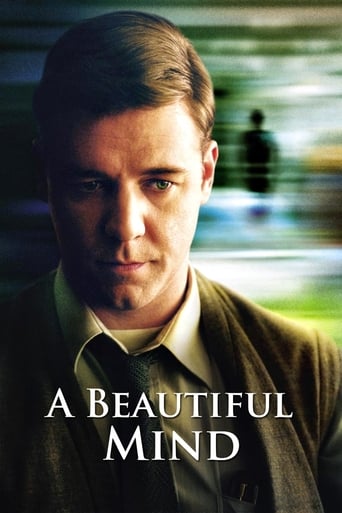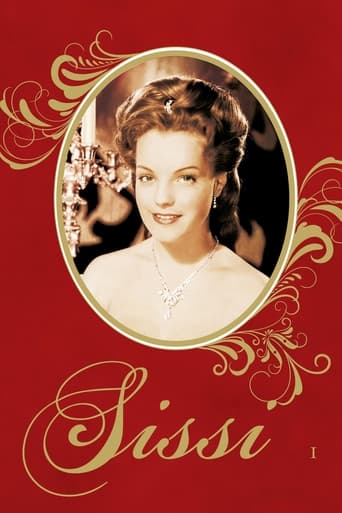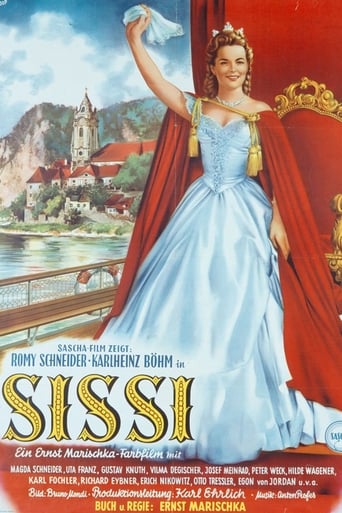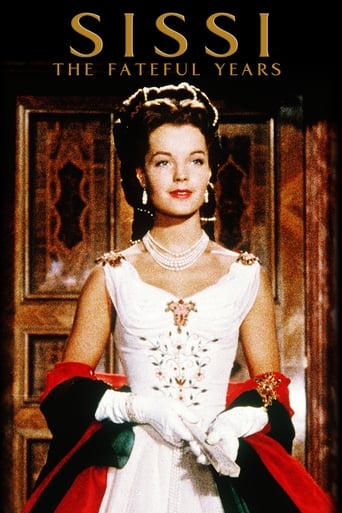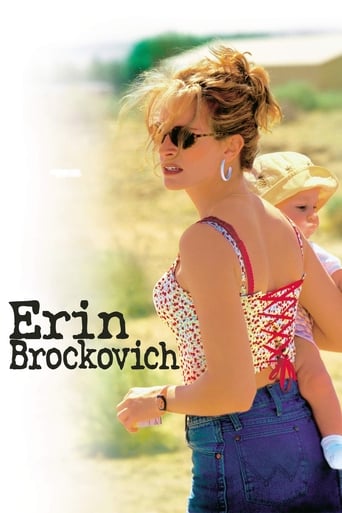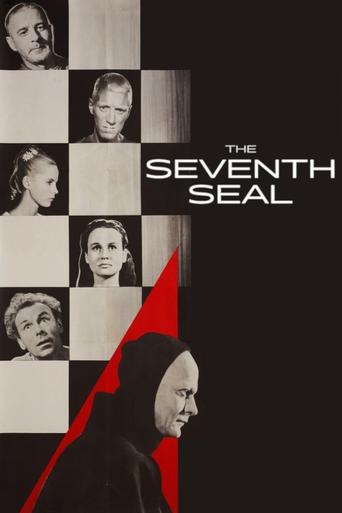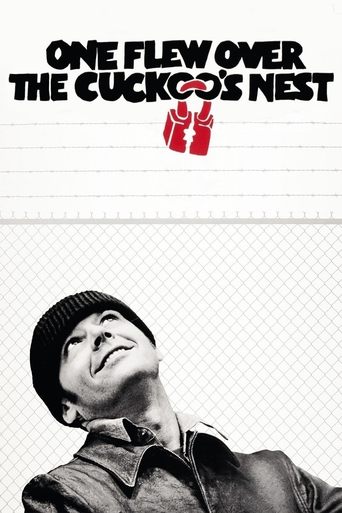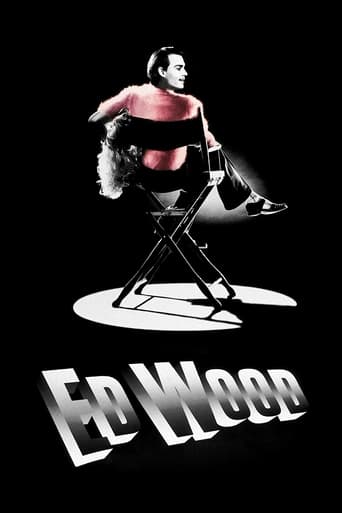
The Life of Emile Zola (1937)
Biopic of the famous French writer Emile Zola and his involvement in the Dreyfus Affair.
- William Dieterle
- Norman Reilly Raine
- Heinz Herald
- Matthew Josephson
- Geza Herczeg
- Heinz Herald
- Geza Herczeg
Rating: 6.632/10 by 136 users
Alternative Title:
Emile Zola - BR
Я обвиняю - SU
La vida de Emile Zola - ES
Country:
United States of America
Language:
English
Runtime: 01 hour 56 minutes
Budget: $0
Revenue: $0
Plot Keyword: biography, scandal, historical figure, black and white, writer, miscarriage of justice, devil's island, dreyfus affair, 19th century
Emile Zola liked nothing better than an opportunity to cause a bit of scandal and over the years that made him a wealthy man, but earned him the enmity of pretty much all of the Establishment. France was still finding it's political feet with the second empire giving way to the third republic, the Germans were across the border heavily armed and the French military under considerable pressure to keep their country safe. It was this last point that led to the infamous "Dreyfus" affair. The High Command essentially framing a young officer (Joseph Schildkraut) for treason and banishing him to the aptly named Devil's Island. There's some disquiet about this process in Paris and Zola (Paul Muni) decides that only he has the profile (and the wit) to make some accusations that will see him in court defending a libel action whilst giving him a well publicised platform to criticise the army's behaviour. The busy courtroom drama that ensues serves well to illustrate the difficulties in fighting for the truth when the state and the generals have no interest in perpetuating this story. It's also at this stage that the film is at its most entertainingly combative. Donald Crisp is quite effective as his defence solicitor and the assemblage of familiar faces on the unformed side - notably Louis Calhern, show us just how devious and malevolent these people can be when they are turned upon. It's a bit verbose at times, but then it is about a writer, and the ending is all a bit rushed. It's not really a story about the life of this acclaimed author, it's more a critique on the trial and on the state of France justice. I could have done with a little more about what made him tick but William Dieterle chose the more dramatic and straightforward path. That's a pity, but Muni and the sparingly used Schildkraut both deliver well.


